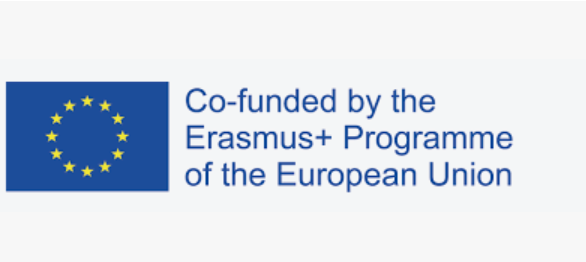Autism is a neurodevelopmental condition characterized by difficulties in social interaction and communication, and repetitive and stereotyped interests and behaviours (American Psychiatric Association 2013) affecting as many as 1 in every 59 children (Centers for Disease Control and Prevention 2018). One aspect that appears less researched in autism is attention skills, although attention is often atypical in autistic people and is linked with other more complex aspect (including academic attainment and mental health).
Importantly, attention skills can be trained using technology-based tools, which are thought to be an effective medium for autistic individuals. In our previous research, the Computerised Progressive Attention Training (CPAT; Shalev et al., 2007, a technology-based attention intervention tool), was used with autistic children leading to far transfer effects and improved academic performance (Spaniol et al., 2018, Spaniol et al., 2021). This tool and the knowledge base around it represent an exciting opportunity for autistic children in an educational context.
The Teacher Training and Attention in Autism (TTAA) project builds on this previous research in order to move forward and realise the beneficial potential of focusing on attention skills in autism. The project assembled a unique group of researchers, practitioners and user groups across four participating countries - UK, Spain, Greece and Israel (and beyond), to further research and promote school-based provisions of attention in autism. This includes software development for attention intervention together with accompanying training materials for practitioners so that these tools will be available to a broad range of practitioners and users.

The TTAA project was funded by the European Commission Erasmus+ programme.